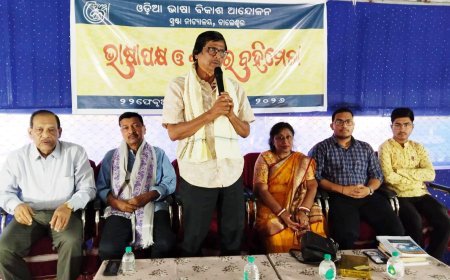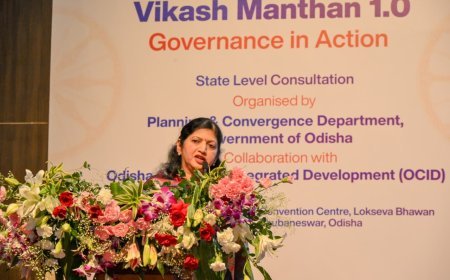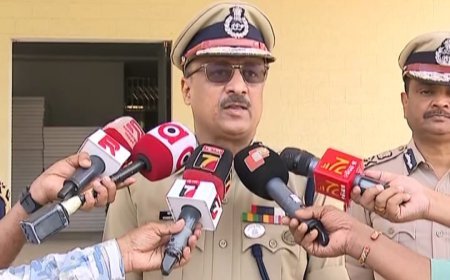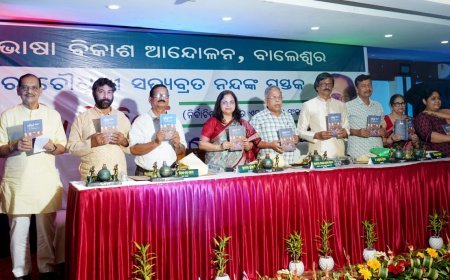BJD Delegation Submits Memorandum to Balasore Collector Over Inconsistencies in Kharif Paddy Procurement Rules
• BJD deligates raised voices for farmers
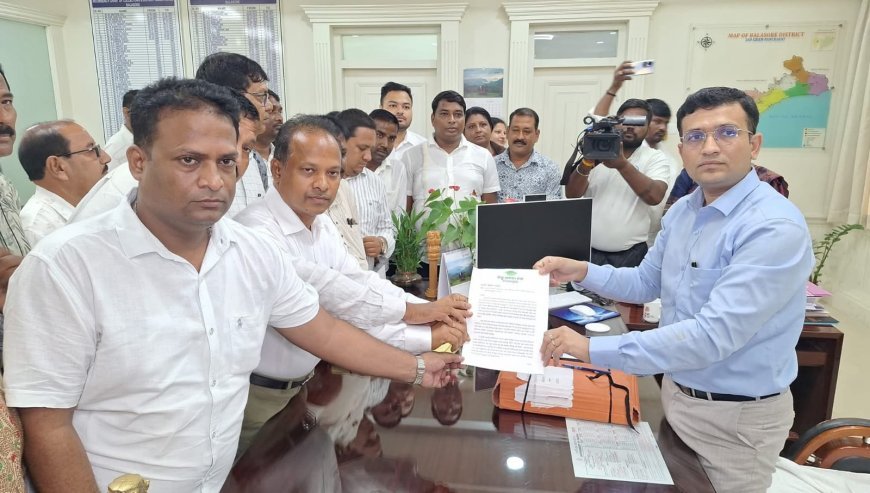
Balasore, July 25 (Krushna Kumar Mohanty): With just a few months left before the Kharif paddy procurement season begins, the Odisha government’s revised registration rules have sparked discontent across the farming community. As per the new directive, farmers must submit their registration forms between July 19 and August 20. However, what was expected to be a facilitating process has now turned into a cumbersome exercise, leaving farmers confused and distressed. The guidelines are being seen as unnecessarily complicated and full of inconsistencies, leading many to believe that the process is more of a trap than a helping hand.
Reacting to the growing unease, a delegation of the Biju Janata Dal led by former MP Rabindra Kumar Jena met the Balasore Collector on Friday and submitted a memorandum urging immediate simplification of the registration procedure. Jena warned that unless these guidelines are modified without delay, thousands of farmers across the district might be deprived of their rightful chance to sell their Kharif paddy at the government-mandated Minimum Support Price.
The memorandum pointed out several inconsistencies in the newly imposed rules. In the event of a landowner’s death, the heirs are now required to produce both a death certificate and a legal heir certificate. While this may appear logical on paper, it is causing real complications on the ground, especially in cases where the death occurred years ago and no succession documents were prepared. In many such situations, family members are now involved in disputes over land rights, delaying or obstructing registration.
Another stumbling block is the mandatory linking of the Aadhaar number with the farmer’s bank account through e-KYC verification. A large number of farmers, especially the elderly or those from remote areas, are yet to complete this technical formality, putting their registration at risk. This added step, although intended to prevent fraud, is instead excluding genuine beneficiaries due to lack of digital access and awareness.
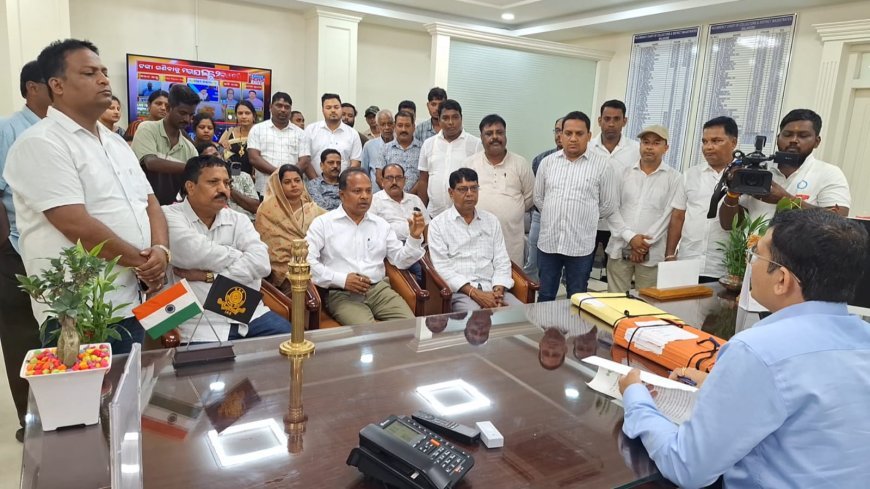
Sharecroppers face an even bigger hurdle. As per the new procedure, the landowner must physically accompany the sharecropper to the society office and sign the application form. In many instances, landowners are unwilling or unavailable, either due to personal reasons or living in other districts. This condition effectively bars many sharecroppers from registering, pushing them further into uncertainty.
This year also sees the enforcement of biometric iris scans for all applicants. While it is meant to add a layer of verification, it is turning into a burden for older farmers who often fail the scan due to eye-related issues. As a result, even longtime beneficiaries are being left out of the system for reasons beyond their control.
Adding to the dismay is the removal of the draft and edit option on the online portal. Previously, farmers could save their applications and make corrections if needed. Now, even a small mistake requires starting over. Combined with server issues and limited processing capacity—often only 10 to 30 farmers being registered per day at each society—the frustration among farmers is mounting.
The BJD delegation that submitted the memorandum included Zilla Parishad President Narayan Pradhan, Sadar Block Chairperson Sunita Behera, Balasore-Bhadrak Co-operative Bank Chairman Ganesh Chandra Mohapatra, along with Barada Prasanna Pattnaik, Gaurang Padhi, Kshyati Mahanti, Vidyasmita Mahalik, Ajay Samal, Deba Deo, Anjan Dandapat, Tapan Das, Seemon Das Mohapatra, Sangram Mallik, Aniruddha Pradhan, Sarat Behera, Ajay Mahalik, Shantanu Das, Sanjeev Das, Intekhab Ali Khan, Mrutyunjaya Behera, Subham Sai Mohapatra, Ranjita Mahapatra, Rosy Pattnaik, Ashrita Tarai, Sonali Saha, Jayanti Dutta, Harapriya Rana and several others.
The delegation appealed to the administration to ensure that no farmer is left behind due to procedural complications. Their memorandum conveyed a clear message: reform the system to make it farmer-friendly and inclusive—or risk alienating the very community the scheme intends to serve.








